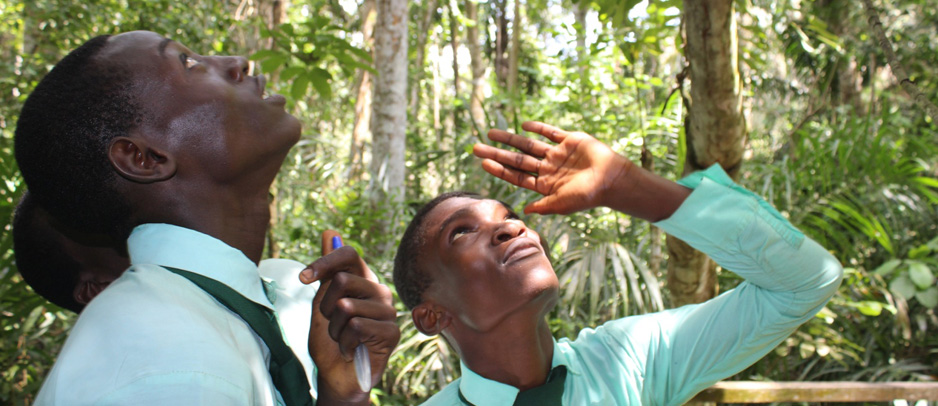
© UNESCO/Wahamba Development Organization

Established by UNESCO, Partner Networks drive implementation of the Global Action Programme (GAP) on Education for Sustainable Development (ESD). They serve as a global community of practice and are divided into five groups, one for each Priority Action Area of the GAP. The Networks intensify synergies between the members involved in GAP activities, the Key Partners and catalyse further action from other ESD stakeholders.
The Partner Networks consist of 90 major ESD stakeholders from all around the world with extensive outreach capacity and the ability to innovate ESD. UNESCO selects the members of the Partner Networks based on the GAP Launch Commitments received from stakeholders.